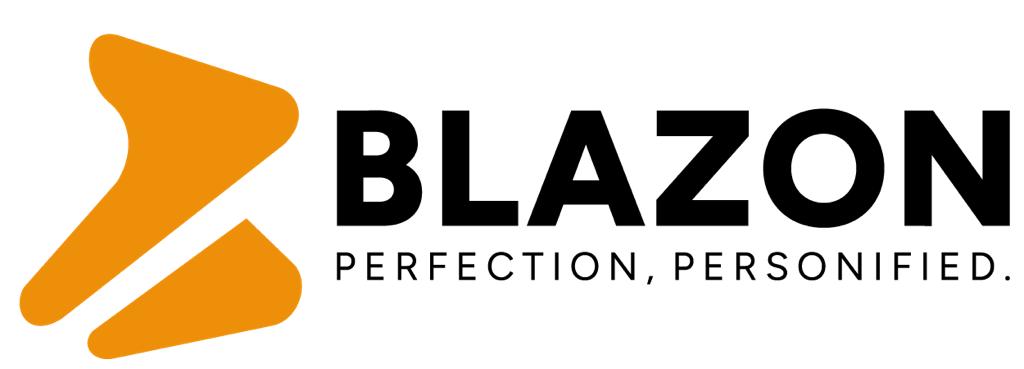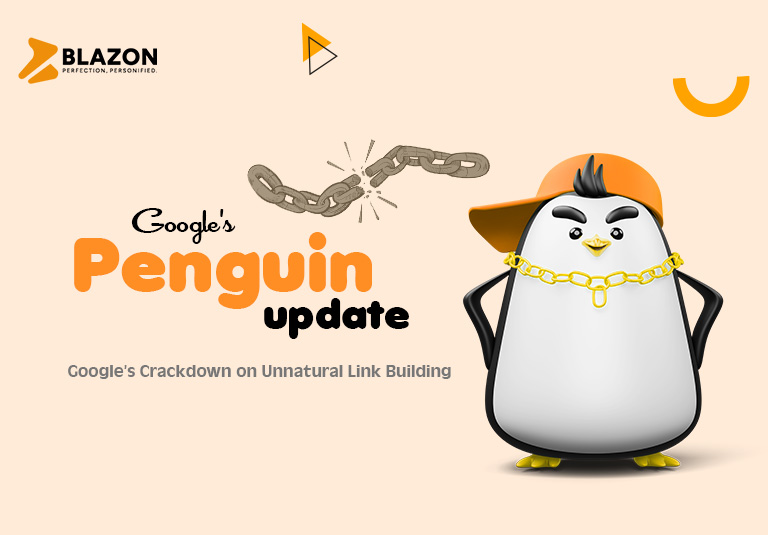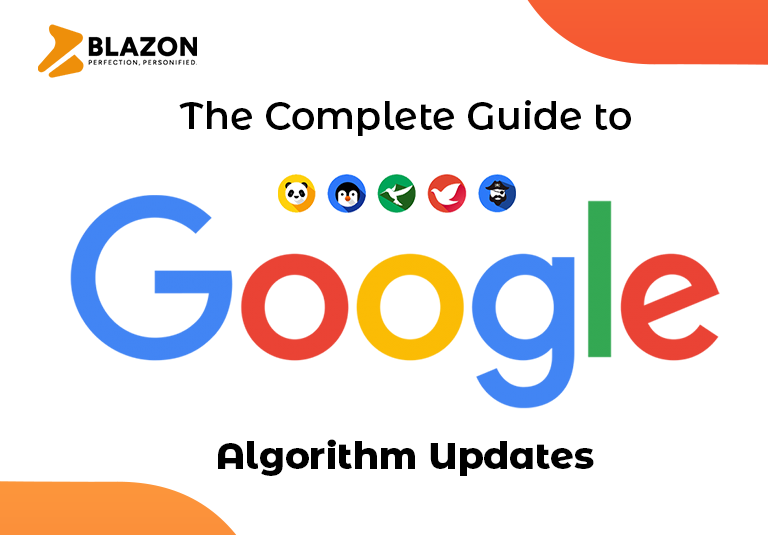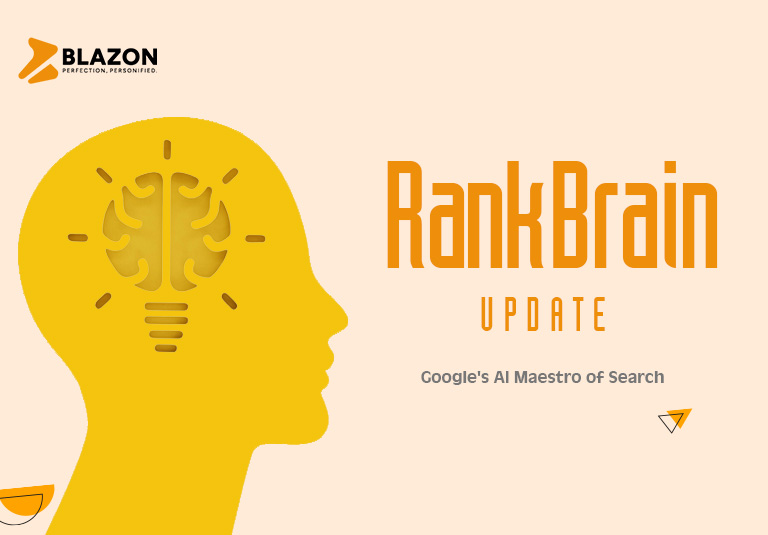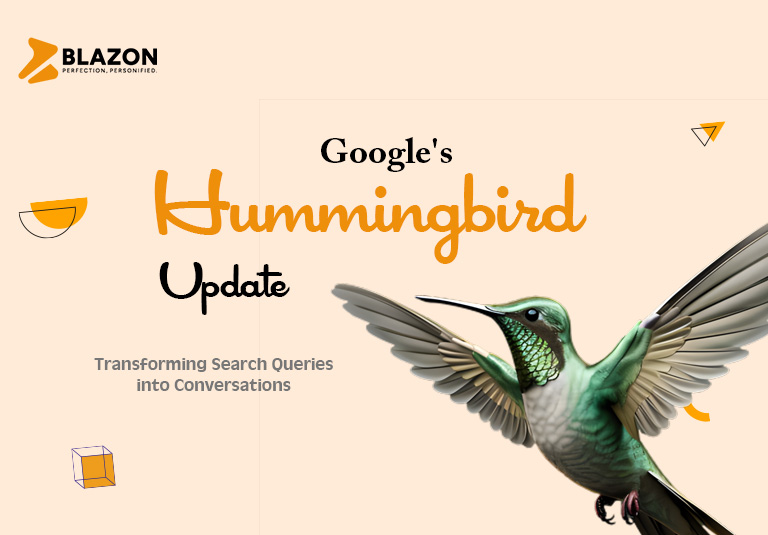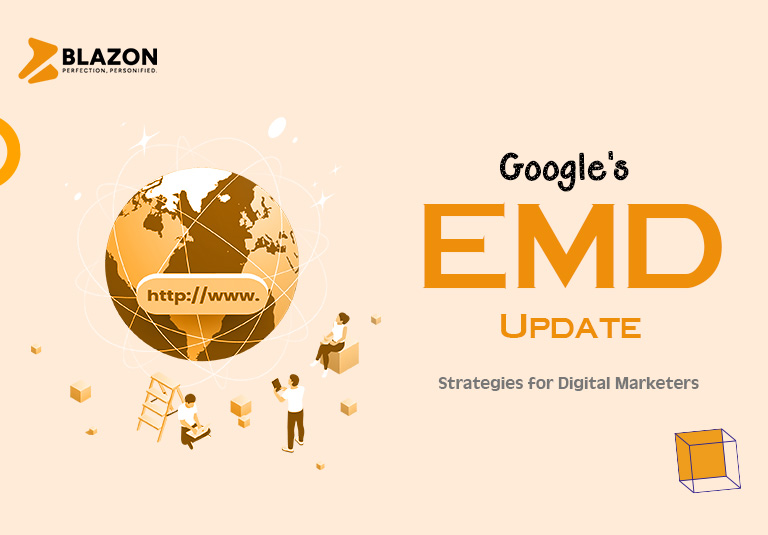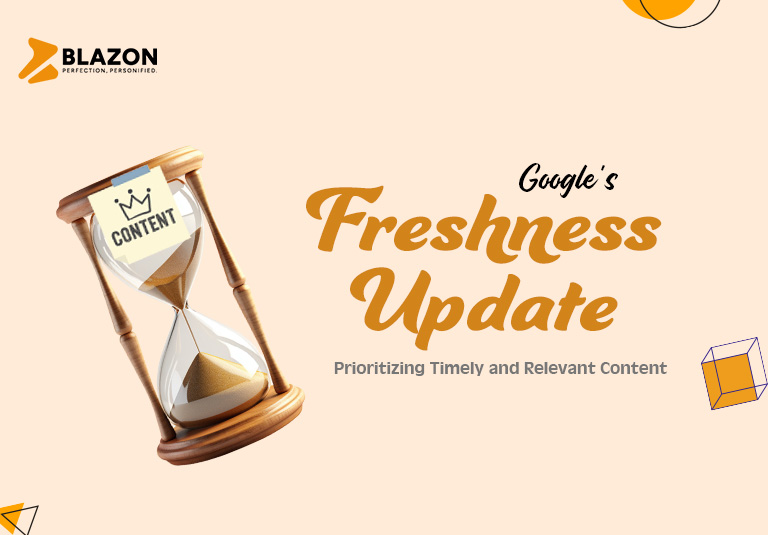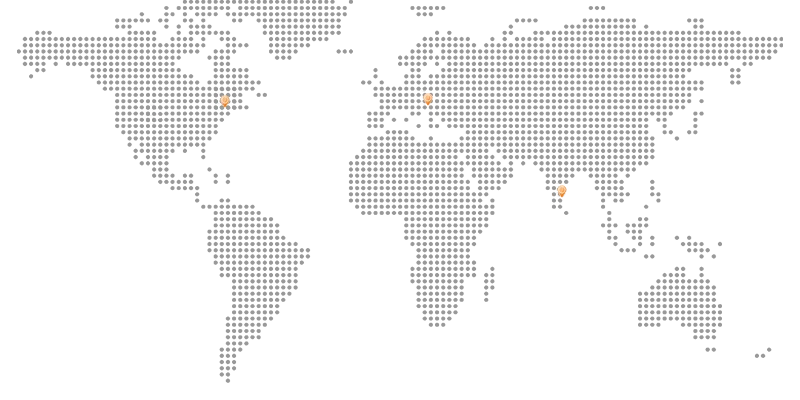In April 2012, Google launched the Penguin update, a major algorithmic change aimed at targeting websites engaged in manipulative link building practices.
This update marked a significant shift in Google’s approach to link quality, penalizing websites that violated Google’s Webmaster Guidelines by acquiring unnatural or spammy backlinks.
Let’s delve deeper into the key aspects of the Penguin update and its impact on the world of search engine optimization (SEO).
Understanding the Penguin Update
A Focus on Link Quality
Before the Penguin update, websites could artificially inflate their search rankings by acquiring large quantities of low-quality or spammy backlinks.
These manipulative link building practices undermined the integrity of Google’s search results, leading to a poorer user experience for searchers.
The Penguin update was Google’s response to this issue, introducing a new algorithm that targeted websites with unnatural link profiles.
The Role of Link Quality in SEO
Quality Over Quantity
The Penguin update brought about a fundamental shift in SEO strategy, emphasizing the importance of link quality over quantity.
Instead of focusing solely on acquiring as many backlinks as possible, webmasters now had to prioritize the acquisition of high-quality, relevant backlinks from authoritative and trustworthy sources.
This meant earning links through valuable content, outreach, and relationship-building, rather than resorting to manipulative tactics.
Impact on Website Rankings
Penalizing Manipulative Practices
The Penguin update had far-reaching implications for websites engaged in manipulative link building practices.
Websites that violated Google’s Webmaster Guidelines by acquiring unnatural or spammy backlinks saw their search rankings plummet, sometimes dramatically.
This served as a wake-up call for webmasters and SEO professionals, highlighting the importance of adhering to Google’s guidelines and maintaining a clean link profile.
Adapting to the Post-Penguin Landscape
Building Natural Links
In the aftermath of the Penguin update, webmasters and SEO professionals had to adapt their link building strategies to comply with Google’s quality guidelines.
This involved auditing existing backlinks to identify and remove any unnatural or spammy links, as well as proactively building high-quality, natural links through legitimate means.
The Evolution of Link Building
Earning, Not Manipulating
The Penguin update represented a turning point in the evolution of link building.
Instead of trying to manipulate search rankings through artificial means, webmasters now had to focus on earning links through the creation of valuable, relevant content and genuine relationship-building efforts.
This shift towards a more natural and sustainable approach to link building has ultimately resulted in a healthier and more trustworthy search ecosystem.
Conclusion
Upholding Quality in Link Building
The Penguin update was a watershed moment in the world of SEO, signaling Google’s commitment to upholding quality and relevance in search results.
By targeting websites engaged in manipulative link building practices, Google sought to improve the overall quality of its search results and provide users with the most valuable and relevant information.
As we continue to navigate the ever-changing landscape of SEO, the lessons learned from the Penguin update remain as relevant as ever.
By prioritizing the acquisition of high-quality, natural backlinks and adhering to Google’s Webmaster Guidelines, webmasters can ensure long-term success in search rankings while providing users with a better search experience.
